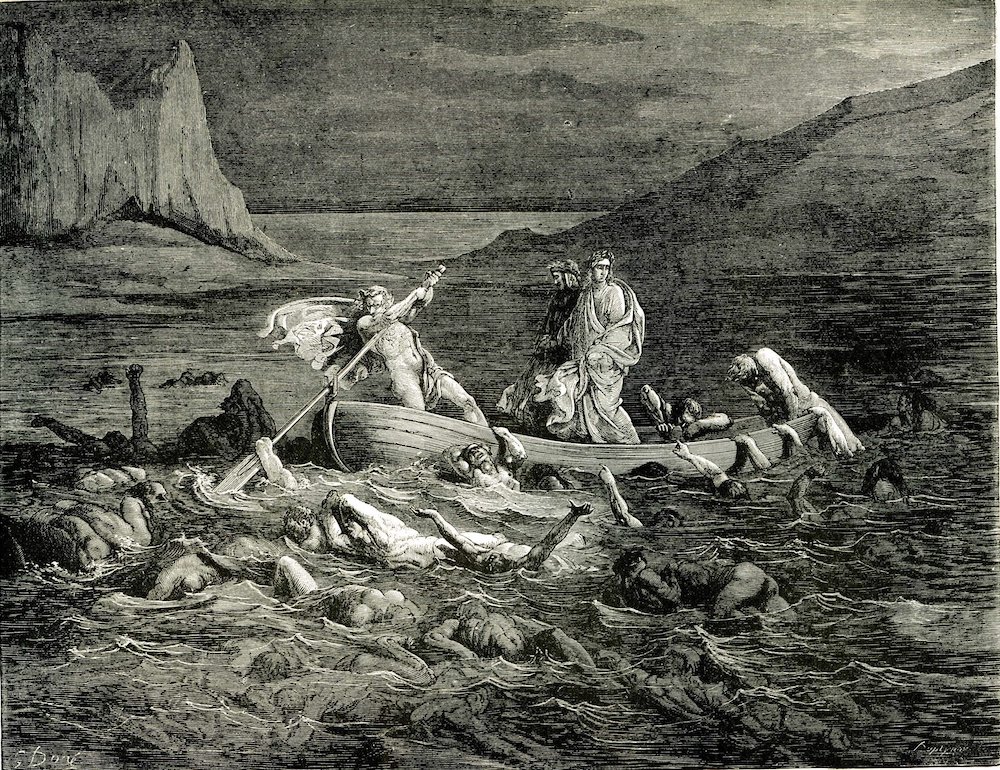Search for topics or resources
Enter your search below and hit enter or click the search icon.
December 16th, 2010 | 3 min read

Trevin Wax’s readings of N.T. Wright is how I first came across his work, and his recent post comparing the early Wright and the later Wright on heaven serves as an excellent example of why he’s one of the brightest lights in the Christian blogging world:
According to the preface of Small Faith, Great God, Wright doesn’t believe that his earlier (wrongheaded) notions of heaven do any substantive damage to the book. I agree. But this leads us to an internal contradiction. Most of Wright’s work on this subject presupposes that getting this doctrine wrong does inflict damage – even severe damage – to one’s understanding of Christian theology and our task in the world. That’s a contradiction that leaves Wright’s readers in a conundrum.
Trevin goes on to cite a theme I’ve sounded before: “heaven” functions as theological shorthand for a much more complex set of beliefs about the afterlife that includes the resurrection of the dead, even if it’s not emphasized as much as we all might want.
Yet I was intrigued by Wright’s own reservations about his earlier work, as I found more there to agree with than he seemed to. Consider this bit on Phillipians 3 from Wright’s later work:
When Paul says, “We are citizens of heaven,” he doesn’t at all mean that when we’re done with this life we’ll be going off to live in heaven. What he means is that the savior, the Lord, Jesus the King – all of those were of course imperial titles – will come from heaven to earth, to change the present situation and state of his people. (Surprised by Hope, 100).
Wright is correct that Paul doesn’t use “citizens of heaven” to point to where we go after we die. But he’s wrong to interpret Paul’s phrase through the subsequent clauses. Paul’s point in that phrase is about our current status, rather than our future resurrection. Paul goes on to say that we await Christ’s return from that place, but our citizenship for Paul is–in one important sense–not here.
What Paul does in Phillipians 3 can’t be understood properly, I think, without his personal revelation in Phillipians 1:23 that he longs to “depart” this world and “be with Christ.” For Paul, there is no contrast between waiting for the return of the King and longing to join him where he is now. While Phillipians can’t be understood without a robust pneumatology, Paul also recognizes that there is something even better about being with Christ in his bodily presence than we have in our union with him through the Holy Spirit.
The point hinges on what “heaven” is for Paul, and here I think the traditional evangelicals have it exactly right that “heaven” is primarily the place of God’s presence. In fact, in Resurrection of the Son of God, Wright states regarding Phillipians 1:23, “This is the clearest answer we ever get from Paul to…the question of an intermediate state. He does not speak of ‘going to heaven,’ though he presumably would have given that as the present location of the Messiah. His present life is defined in terms of the Messiah, and his future life will be as well.”
This understanding of “heaven” as primarily the place where Christ dwells bodily and, as a result, a proper object of our longing makes more of Wright’s early work salvageable. Consider: “We lift our hearts to heaven, where our citizenship belongs and where Christ himself is, and we taste here in our colony the food that is eaten in the mother city. And we long, naturally and rightly, for the day we will be there ourselves.”
While it’s easy to see how such language could minimize the bodily resurrection, the opposite danger is possible as well. For Paul, what makes the bodily resurrection significant is Christ and our fellowship with him (to the point of having bodies like his). His unremitting focus is where Jesus is and how we can join him there, even if that means dying and departing from this world. If we maximize the bodily resurrection to the point where it drowns out passages like Phillipians 1:23 (as Wright’s later writings tend to do) we will miss the fullness of the ways in which Paul’s theology shapes our longing for God.
Matthew Lee Anderson is an Associate Professor of Ethics and Theology in Baylor University's Honors College. He has a D.Phil. in Christian Ethics from Oxford University, and is a Perpetual Member of Biola University's Torrey Honors College. In 2005, he founded Mere Orthodoxy.
Topics: